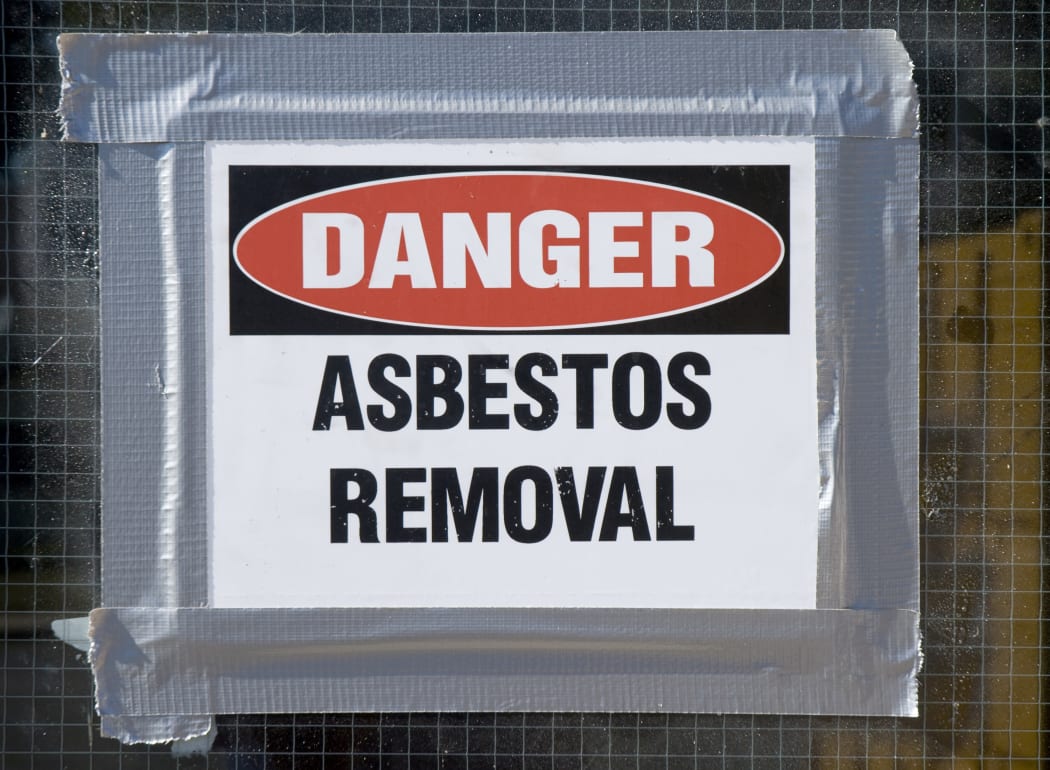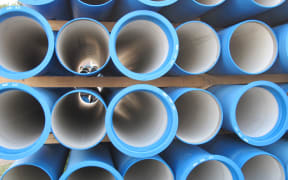A $2.2 billion price tag has been put on the cost of replacing the country's asbestos water supply pipelines.

Drinking water delivered through functioning asbestos pipes isn't risky but airborne particles from broken pipes can be dangerous. Photo: 123RF
Asbestos cement pipes were installed for local water supply networks from the 1950s to the 1970s, and manufacturers stopped producing them in the mid 1980s.
The pipes' life expectancy is about 50 years so many will be due for replacement.
Functioning pipes being used for water do not pose a threat to health.
The World Health Organisation has said swallowing asbestos present in water does not present the same cancer risk as inhaling dry particles.
However, asbestos pipes that are cut or broken when dry can pose a health risk if particles are released into the air.
The Water Services Association of Australia has estimated it could cost $AU8b ($NZ9b) to safely remove Australia's roughly 40,000km of worn-out asbestos piping.
Water New Zealand estimated the total length of this country's water supply pipelines at 36,436km, with the network valued at $8.7b.
It estimated 9000km of those pipes were made of asbestos cement and that they would need to be replaced in the next 20 to 30 years.
With many of the pipes nearing the end of their useful life, Water New Zealand chief executive John Pfahlert said local councils would have to do careful planning to make the replacement affordable to ratepayers.
There were a number of available options cheaper than digging them out, such as relining existing pipes or leaving decommissioned pipes in the ground and placing new pipes around them, he said.
Wellington Water spokesperson Alex van Paassen said replacing asbestos cement pipes, as opposed to those made of other materials, did require safety precautions.
However, he said, those precautions would not add a significant amount to the overall cost of replacement.
Mr van Paassen said pipes in Wellington were prioritised for renewal based on how critical the need for repairs was, or how many households were served, and not on whether they were made of asbestos.
Wellington Water had a regular pipe renewal schedule for all types of pipes, he said.


